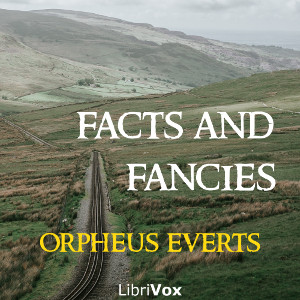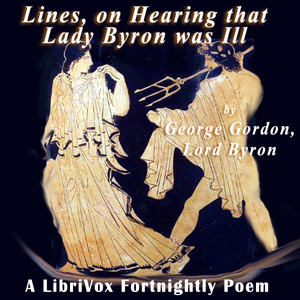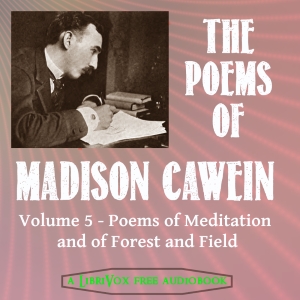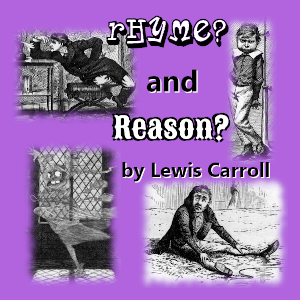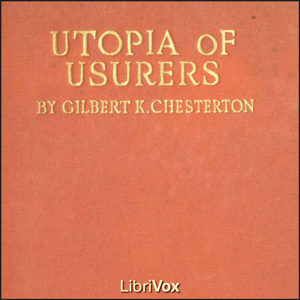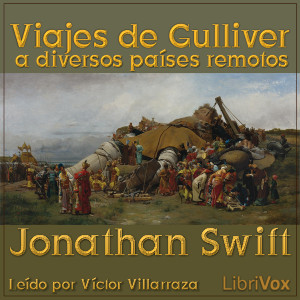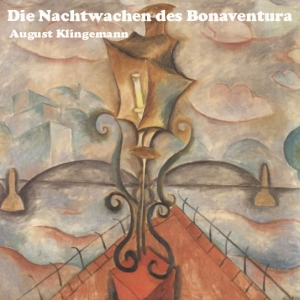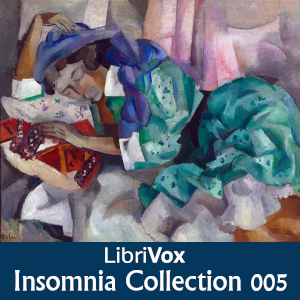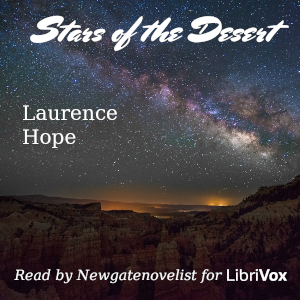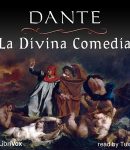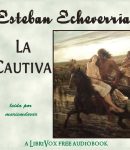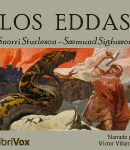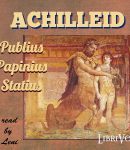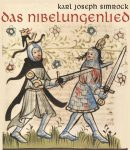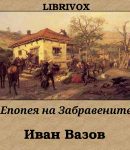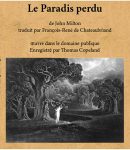
Paradis Perdu
Comme Virgile a développé l’épopée à célébrer l’origine de sa propre patrie, Milton l’a adaptée encore plus pour raconter l’origine du mal et le remède à la chute de l’homme; c’est ce sujet qu’il appelle “des choses qui n’ont encore été tentées ni en prose ni en vers.” L’auteur continue à combiner l’innovation et la tradition quand il débute le premier livre “in medias res” avec la visite au monde infernal (cf. Odyssée livre 11, l’Enéide livre 6), car la malice de Satan est le principe déterminant de l’action négative. Mais au centre du poème se trouve le triomphe du Fils de Dieu sur les anges rebelles, ce qui neutralise le projet nocif de Satan. Ce dessein de la conquête du mal par le bien se présage dans les deux conseils d’état: En enfer Satan s’engage à trouver et ruiner la nouvelle création lorsqu’au ciel le Fils s’offre comme sacrifice pour sauver l’homme avant que Satan ne l’ait corrompu. Après ces préliminaires, nous voyons Eden et “nos premiers parents.” Satan, découvert en train de les épier, est expulsé du jardin. Puis Dieu charge un ange d’expliquer à Adam et Ève l’histoire de la guerre au ciel, où a commencé le danger imminent. À la demande d’Adam, l’ange raconte la création du monde visible et surtout le développement naturel: Toute croissance se déroule de l’assimilation de la nourriture; le mangeur épure la pâture, non pas vice versa. Cependant, Satan, qui rentre dans le paradis sous forme de serpent, apprend à Ève […]





